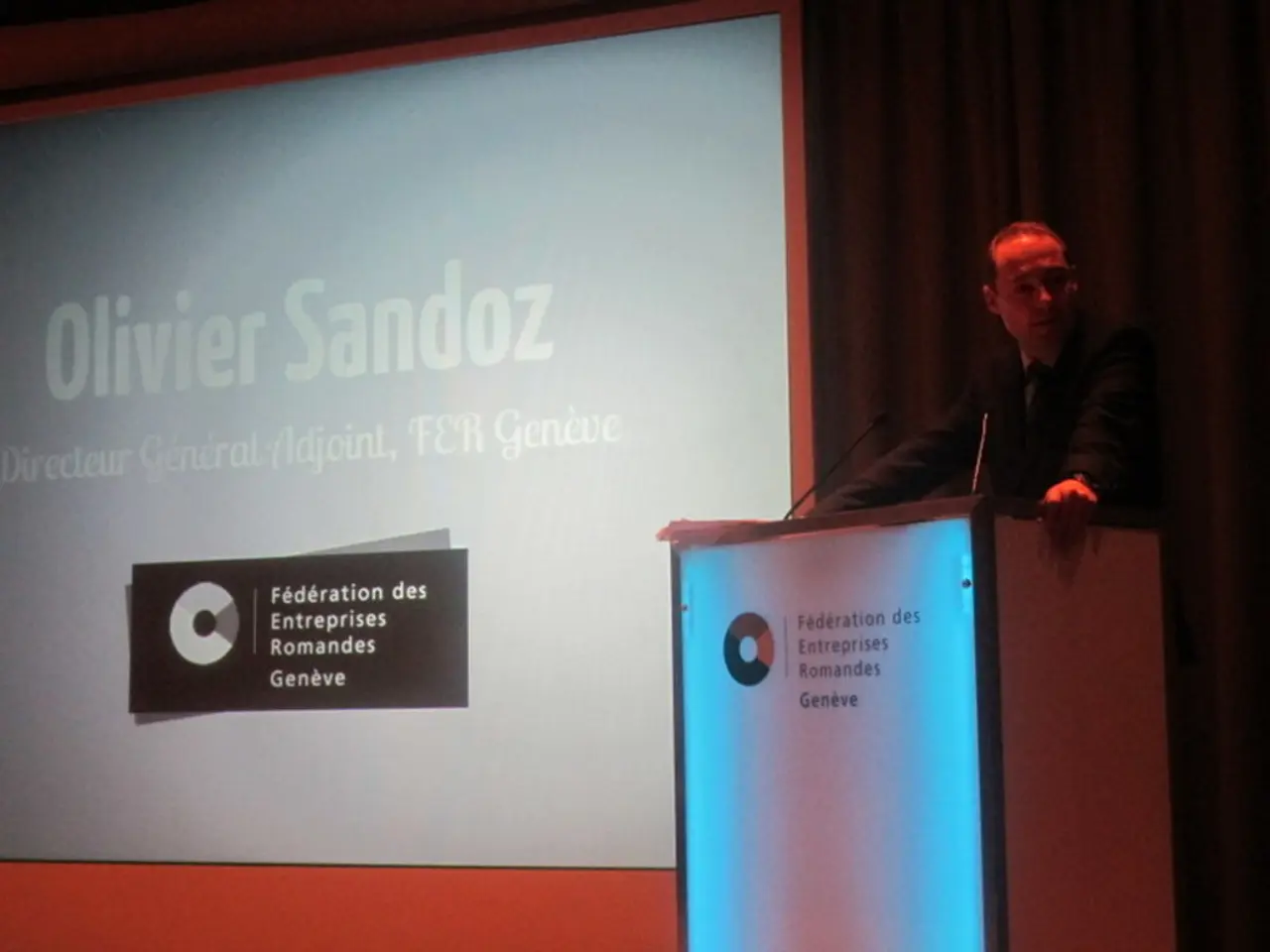Far-right political party, AfD in Brandenburg, confirmed as having extremist ties - Right-wing extremists supporting the AfD in Brandenburg, as asserted by the Minister
In a significant move, the Ministry of the Interior in Brandenburg has confirmed the Alternative for Germany (AfD) as an extremist party. This classification is grounded in a detailed assessment by Germany’s Federal Office for the Protection of the Constitution (BfV), which classified the AfD as a "confirmed right-wing extremist endeavor" back in May 2025.
The extensive, 1,100-page undisclosed report concluded that the AfD functions as a "racist and anti-Muslim organisation." The party's anti-constitutional positions challenge the democratic pluralism enshrined in the German Basic Law. The AfD's platform is viewed as hostile towards foreigners and Muslims, exhibiting tendencies that seek to degrade the legal status of German citizens with immigrant backgrounds.
This classification empowers German authorities to monitor the AfD with intelligence tools, including undercover informants and surveillance, aiming to prevent anti-democratic activities. It also opens the door to potential restrictions such as limiting or stopping public funding and banning AfD members from certain public sector jobs, including civil servants, police, teachers, and soldiers.
The AfD’s leadership has contested the classification, labeling it politically motivated and an infringement on freedom of speech. However, courts, including the Leipzig federal administrative court and a court in Münster, have upheld the intelligence agency’s assessment, supporting the claim that significant parts of the party harbor extremist, anti-democratic, and xenophobic views.
The political impact of this classification is evident, as the AfD has gained strong electoral footholds in Eastern German states like Brandenburg and Saxony, marking a significant rise in far-right politics since WWII. This political presence, coupled with the extremist classification, has stirred a wave of protests across Germany, with over 900,000 people rallying against right-wing extremism and the AfD in July 2025.
This assessment of the AfD represents one of the most serious official condemnations of a major political party in Germany since the post-war era, reflecting deep concerns about the party’s ideological positions and their threat to democratic pluralism. The party's exclusion of German citizens who have a different cultural or religious background, its hostility towards foreigners and Muslims, and its aim to establish a freedom-hostile state that eliminates pluralism - the existence of diversity - are all factors that contribute to this classification. The AfD in Brandenburg sees itself in a "cultural civil war" and longs for "revolutionary conditions" to abolish the "party state."
The party is currently challenging this classification legally. The AfD in Brandenburg has not submitted a consent declaration from all persons named in the memo for the publication of their names, which is delaying the publication of the classification memo until August 14. The AfD believes that the memo contains statements that largely reflect the majority opinion of society.
This decision by the Ministry of the Interior in Brandenburg follows the withdrawal of an urgent application by the AfD. The party aims to overturn this classification and continues to assert that it is being politically targeted. Despite this, the courts' upholding of the intelligence agency’s assessment provides a strong indication of the party's extremist, anti-democratic, and xenophobic views.
- The political classification of the Alternative for Germany (AfD) as an extremist party in Germany has raised concerns about the party's policy towards employment, as the report found the AfD to be hostile towards foreigners and Muslims, challenging the democratic pluralism enshrined in the German Basic Law and potentially affecting employment policies that promote diversity and inclusion.
- The ongoing legal challenge by the AfD against this extremist classification is creating a significant debate in the realm of policy-and-legislation and politics, with the party arguing that the classification infringes on freedom of speech, while general-news outlets and courts provide evidence supporting the claim that the AfD holds extremist, anti-democratic, and xenophobic views, which could influence war-and-conflicts and employment policies in the future.








